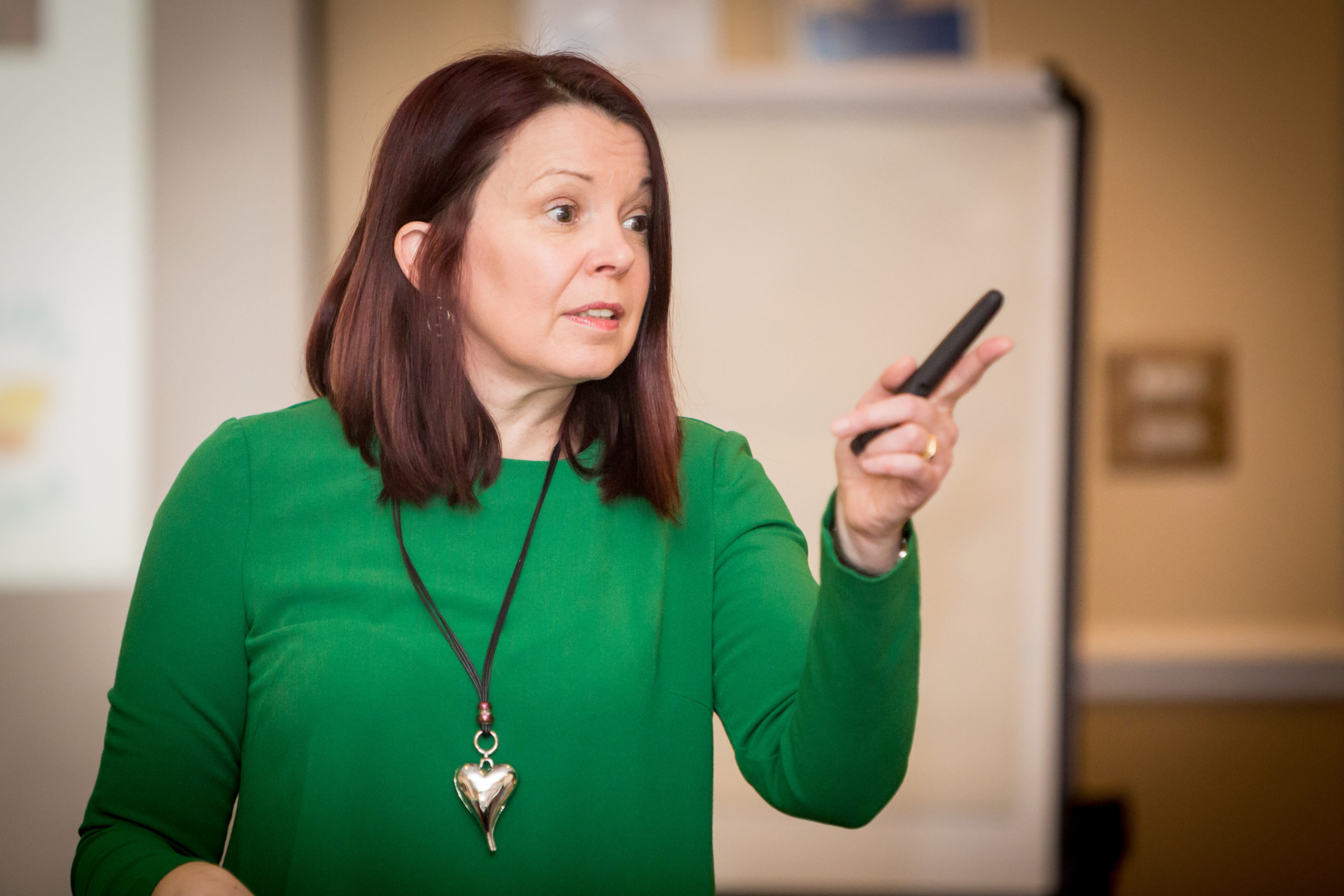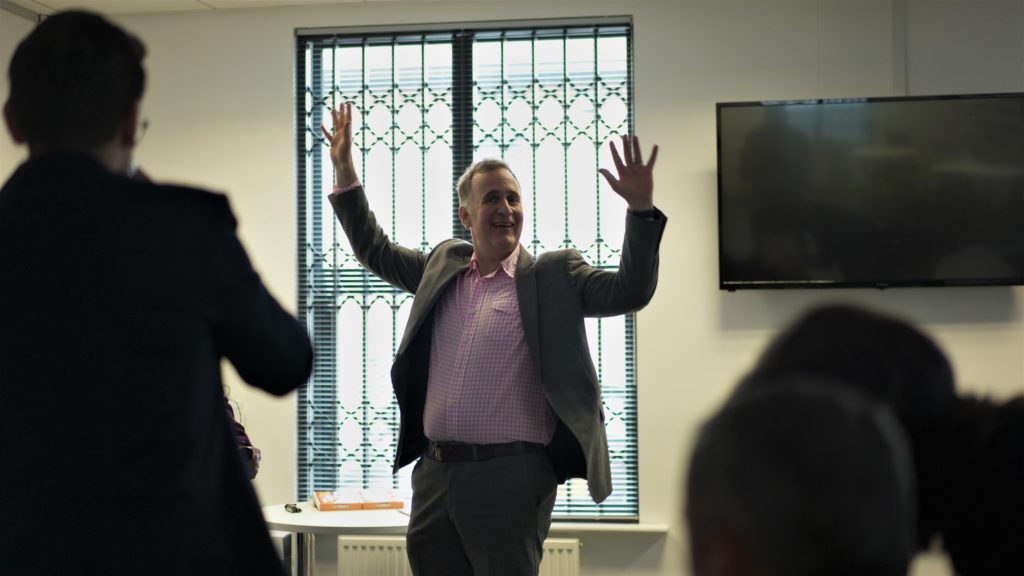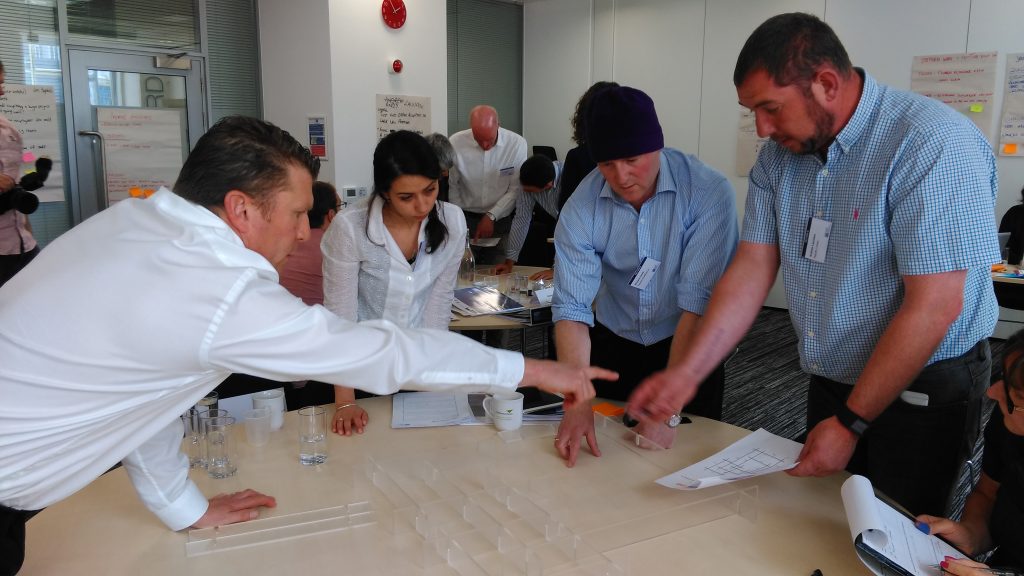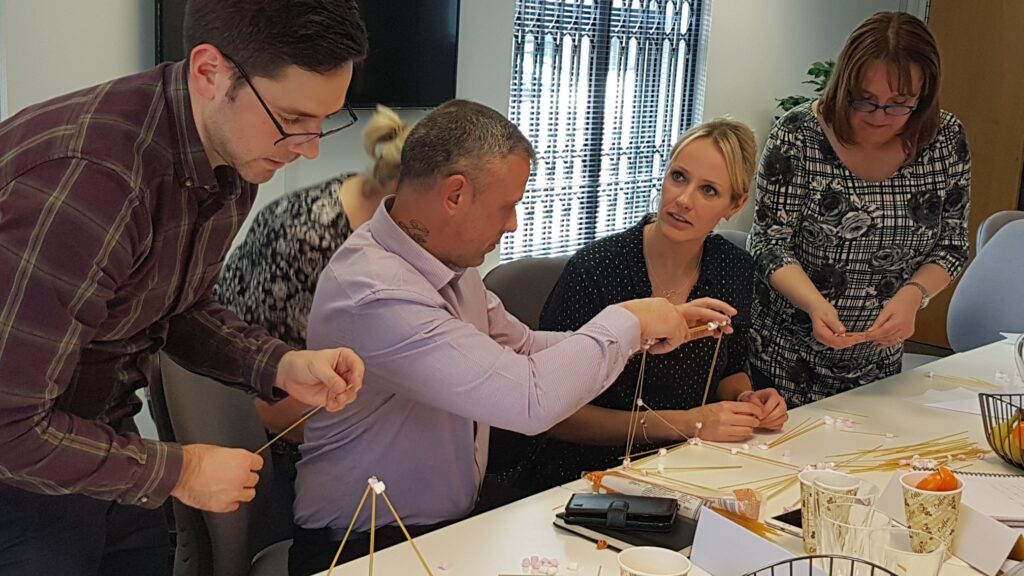Take control of your thinking to reduce stress and build your resilience.

By Lily Newman and Nicola Jackson
“The greatest weapon against stress is our ability to choose one thought over another” – William James
It’s quite strange reflecting on looking forward to Christmas and what we were doing this time last year at Morgan James Consulting. Our financial year ends in October, so we had just posted a record year in 2019. I was also looking forward to a much-needed sabbatical – 6 weeks in Australia and New Zealand in January and February. If I knew then what I know now – that during the first half of this year, so many businesses, would be decimated by Covid, including ours, would I have still taken 6 weeks out of my business?
You bet I would!
If Covid has taught me anything in the past 9 months, its these three lessons:
- What matters more than anything in this world is people and relationships.
- Don’t sweat the small stuff. It truly doesn’t matter.
- You are responsible for your own thinking which impacts your own feelings, your own behaviours and your own ability to be resilient when the chips are down.
Yet, how often do we really consider the bad habits that we can be prone to developing in relation to our thinking which can have an impact on our effectiveness at work, our relationships at home and our ability to maintain perspective?

The Negative Impact of Assumptions
Your perception of the world around you is not necessarily the same as what is happening.
Making assumptions can lead to over-generalising, catastrophising and having an overly simplistic or ‘black and white’ perspective. These assumptions can take you down a rabbit hole of negative thinking and result in unhealthy behaviours.
But why do we make so many assumptions? Our brains are predisposed to run on automatic pilot to reduce the use of kinetic energy for much of the time and making assumptions create shorter neural pathways to help our brains to work more efficiently and easily deliver routine tasks. However, assumptions can also come from learned behaviours, and, much like biases, are developed as a result of our upbringing, family and cultural norms and personal experiences. Recognising this and taking steps to be more mindful of how assumptions are impacting your actions and negative behaviours can be a liberating experience. Here are some tips to help you get started:
Increase your curiosity:
- Gather factual information from a range of reliable sources to help to increase your understanding of the ‘bigger picture’ and develop a more accurate view of the circumstances
- Find out what others are really thinking by engaging in good quality conversations, sitting in their shoes during a conversation and using active listening to understand other peoples’ perspectives and views.
- Use a mentor or trusted advisor to help you identify and address unhelpful thinking patterns, behaviours, or tendencies
- Start to be mindful of all of the assumptions that you make, writing them down can help to identify any particular patterns or themes. Ask yourself ‘what evidence do I have to support my thoughts or perceptions?’

Accountability – Don’t play the blame game!
Accountability is not consequences, but ownership. It is a character trait, a life stance, a willingness to own your actions and results regardless of your circumstances – Brian P. Moran
When someone is not holding themselves to account, their actions are likely to show up via defensive behaviours including blaming others, helplessness, cynicism, self-deprecation, making excuses, complaining, and taking things personally. All of these behaviours help to create a victim mentality and often increase levels of stress and anxiety.
The key to breaking free of a victim mindset is to recognise that you are in it. Are you always feeling sorry for yourself? Do you feel that you have no control over your life and that you are simply at the mercy of the people and events around you? If so, you can choose to take back control by looking at where you do have choices, where you can influence outcomes and ultimately how you can be more accountable for yourself and what happens to you. Here are a few tips on how:
- Remove blame from your life, consciously don’t blame anyone for anything in your day to day life for the next month. Reflect on how that felt and the difference it made.
- Take time out to reflect on your own emotional state and ask yourself, what can you do to change your thoughts, feelings, or your behavioural state? Is your current response to the situation helpful and appropriate?
- When facing adverse or stressful circumstances, ask yourself if you are doing all that you can to help remedy or resolve the situation
“The greatest weapon we have against stress is our ability to choose one thought over another” – Albert Camus
Taking time out earlier this year gave me a terrific opportunity to re-calibrate my thoughts, practise ‘the pause’ and truly explore the evidence of what was happening in the world that would impact my business and the many clients that we serve. Of utmost priority, we ignored our plunging profits and focused on what we could influence or control and what’s most important to us in a values led business: – the relationships with our clients. From March to July this year, we focused on helping our clients to pivot their businesses and, in so many cases, their thinking to ensure that they survived. We held webinars, mentoring sessions, and virtual classrooms for no charge if we felt they lacked the ability to pay for our services.
We are proud to say that during the past 9 months, we have not lost a client. Every single one of them has survived. From our perspective, we are also thrilled to say that our investment in them paid off. Every one of them has retained us and are back, paying for our services again. Whilst they have all experienced days when they’ve wanted to hide under the duvet, each of them has recognised that by ‘acting our way into a new way of thinking’ and seeking new ways to connect with their clients and support them through the tough months, has given them deeper and more meaningful relationships with them. For some, they have found an inner resolve that they never knew that they had in them. We call the need for that resolve, ‘Iron Underpant days” – those times when you know it’s going to be tough but if you dust off your cape and put on your wonder-woman or superman outfit (metaphorically – although you can do it physically too if you feel the need!) you can and will emerge victorious at the end of the day.
You just need to take control of your thinking.

Want to learn more about how to build your resilience and develop a winning mindset?
We’d love to work with you to build a stronger resolve or a more resilient team. Just email us at Admin@morganjamesconsulting.co.uk or call us on 01606 883383 or 0776 458 5030 to find out how.



